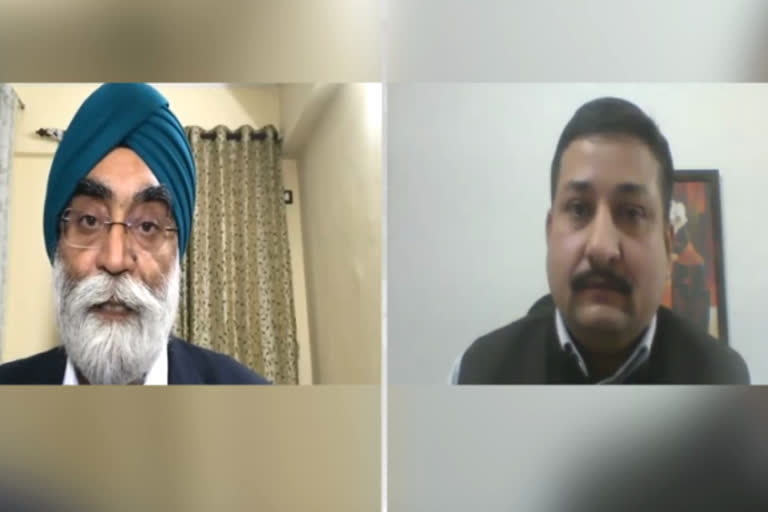New Delhi:Prime Minister Narendra Modi’s government may need to borrow directly from the Reserve Bank of India by the end of the current financial year to monetise the ballooning fiscal deficit which is expected to touch 6-7% of the country’s GDP this year due to the unprecedented situation caused by the Covid-19 global pandemic, said a top economist.
In her budget estimate, the finance minister Nirmala Sitharaman estimated the fiscal deficit to be Rs 7.96 lakh crore, 3.5% of the GDP for the FY 2020-21.
However, the outbreak of Covid-19 global pandemic which has killed over 1,50,000 people in the country and over 1.8 million people worldwide, severely crippled the revenue collection at a time when the government needs to spend more on welfare programmes and give concessions to the industry for the economic revival.
The unprecedented situation forced the government to increase its borrowing for the fiscal by 50%, from the budget estimate of nearly Rs 8 lakh crore to Rs 12 lakh crore.
Dr Charan Singh, Chief Executive of Delhi-NCR based policy think tank EGROW Foundation, says the government needs to borrow for its welfare programme and other expenditures.
“It was borrowing earlier as well but this time I believe that the government may have to borrow from the Reserve Bank of India,” said Charan Singh.
“It is called monetised deficit. There is nothing wrong in it,” he told ETV Bharat.
Dr Charan Singh, who previously worked with the International Monetary Fund as a senior economist and the Reserve Bank of India as the research director in the economic policy and debt management department, says the government should not shy away from borrowing directly from the RBI.
“Even if the government has to resort to a monetised deficit to fill in the gap, it should not be shy,” said the economist.
“I think this is where they may have to go as the year comes to a close,” Dr Singh noted.
Monetised deficit will not cause inflation
The economist also rejects the fear that any decision by the Centre will lead to inflationary pressures in the economy.
In its monetary policy committee meeting held in December, the RBI governor Shaktikanta Das observed that price pressures have been spreading as CPI inflation increased sharply to 7.3% in September and further to 7.6% in October 2020.
“A lot of hue and cry is being made in the normal times that if you borrow from the Central Bank of the country, it's inflationary. I've always asked in which country it was inflationary,” asks Dr Charan Singh.
